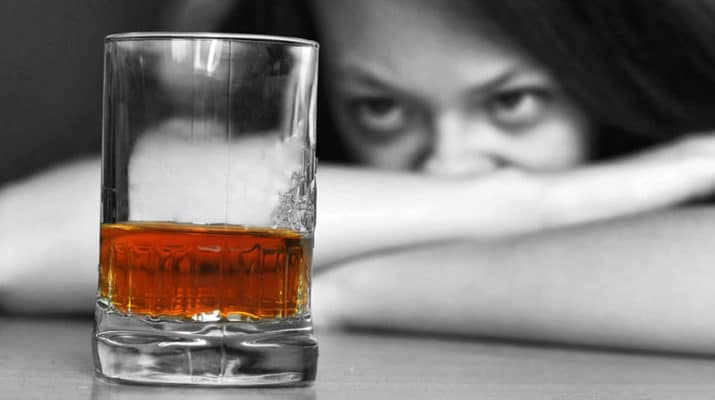By Deborah Jeanne Sergeant
 The rates of substance abuse disorders have risen because of the pandemic — and the effects of this increase may be long-lasting.
The rates of substance abuse disorders have risen because of the pandemic — and the effects of this increase may be long-lasting.
You can go online sites and search for alcohol treatments or rehab centers or check this out to learn more about it’s treatment.
The Recovery Village, a Florida-based organization, reports that in recent months, 36% of respondents reported an increase in substance abuse. To those who do not know what substance abuse is, the excessive intake of drugs or alcohol. Alcohol use is also on the rise. Among the states of New York, New Jersey, Massachusetts, Rhode Island and Connecticut — those hardest hit in the beginning of the pandemic — 67% of survey respondents reported an increase in alcohol consumption, with 25% reporting a significant increase.
As to why their consumption increased, respondents replied that:
• 53% were trying to cope with stress
• 39% were trying to relieve boredom
• 32% were trying to cope with mental health symptoms, such as anxiety or depression
“Some data from Nielsen, the polling company, showed alcohol sales jumped by 55% in March when the stay-at-home orders came about,” said Geoff Hopkins, a psychiatrist with St. Joseph’s Health. “They said they were planning to drink during quarantine. Some anonymized data from clinical reference laboratories that said comparing April this year to April last year, substance use has increased by 16% in the samples that they tested.
“Comparing May 2019 to May 2020, marijuana positivity went up by 21%. These numbers highlight a year over year increase. This is where we’re making the assumption it’s people self-medicating during the stress of COVID. It could be they’re at home and not needing to be clean for work. I think more likely it’s that they’re incredibly stressed.”
Numerous other factors related to the pandemic contributed to an increase in substance abuse, including prescription drug misuse, illicit drugs and alcohol. Keeping people apart was necessary for reducing infections of COVID-19; however, the circumstance made life more difficult for people in recovery. There are experts at drug rehab cocoa beach that can help detox in case there is an issue.
A lack of routine also hampers recovery from substance abuse disorder. Many people were furloughed from work or laid off entirely. Their spouse and children may have been home more as well. Some still do not have their regular work schedule restored. Any regular activities like going to the gym, church or club or meeting a friend for coffee ended for a time. Special events such as weddings are delayed or curtailed.
While many social aspects of life are available once again, they’re still not the same, as managers of public spaces still enforce social distancing, encourage wearing masks and limit patrons at a time. It’s all an obvious reminder that life pre-pandemic won’t be back soon. To some people, the hassle and stress may drive them into self-enforced isolation.
“There’s a stressor on families,” said Jack Houck, Ph.D., with Psychological Healthcare in Syracuse. “Having someone home all the time exacerbates whatever tension there are in the relationship. Every relationship has unresolved tension. That’s normal. Most marriage relationships that last decades have lingering ‘We never agreed on this’ issues.”
Houck said that in his decades of seeing 30 to 40 cases per week, the patients who are most successful in achieving abstinence are in a treatment plan and have a formal, organized support system helping them.
“Usually, it’s through an agency,” he said. “With this whole lockdown, they lose that.”
Virtual support meetings have been very helpful for those able to connect to them, particularly younger people accustomed to connecting through social media. But including phone calls in telehealth can aid those who do not want to use virtual meetings.
Whether a crisis hotline for a more urgent need, or simply calling a supportive family member, connecting with someone else is vital.
For someone who’s using but not in crisis, seeking other ways to cope can help reduce using substances. Trying new things like yoga, mindfulness, exercise, journaling or dancing could help. Or renewing a lost interest to fill empty hours.
It’s also a good time to at any risks in the homes such as stockpiles of unused prescriptions or medication that’s not locked up. Many pharmacies in the area have drop-offs for unwanted medication to minimize accessibility to drugs.
Anyone in need of help can contact the NYS HOPEline (1-877-8-HOPENY or text 467369) which operates 24/7 to help direct people to treatment and other services.

